'I'm still here': Transgender troops begin new era of open military service
A decade later, leaders see lessons in successful repeal of military gay ban.
As the U.S. military adapts to evolving and increasingly complex global threats, highly-trained cyber warriors like Navy Petty Officer 1st Class Brock Stone are at the tip of the spear.
"All the adversaries you hear about in the news are always out to get us. Not all those people speak English," Stone said, "and that's where I come in."
Stone, a cryptological technician who speaks three languages, has been analyzing electronic threats and deciphering foreign intelligence in the Navy for 15 years. But in 2017 President Donald Trump suddenly wanted him gone, simply because he's transgender.
"I went to Afghanistan. I did all these things. I mean, what does that tell me? That tells me I'm not welcome," Stone told ABC News Live in an interview. "That tells me that I am not respected as myself."

For years under Trump's policy, imposed abruptly by tweet, openly transgender service members were sidelined, effectively forced from the ranks or denied enlistment. Late last month, President Joe Biden lifted the ban.
"The biggest myth is that we're something other than an ordinary sailor who is just here to do a job," said Navy Chief Petty Officer Melody Stachour of Virginia. "Trans people in the military are here to do a job. They want to do it well."
The Pentagon had maintained that trans Americans could serve the country but only if they suppressed their identity, assuming the gender role of their assigned sex at birth.
The precise number of service members who left the military under those conditions is unknown; several hundred, including Stone, were granted waivers under an exception to the Trump ban but still endured psychological stigma.
"We became an endangered species. There weren't going to be any more of us. No one new could come out, no one new could get in," said Air Force Lt. Col. Bree Fram, the highest-ranking openly transgender officer in the Department of Defense.
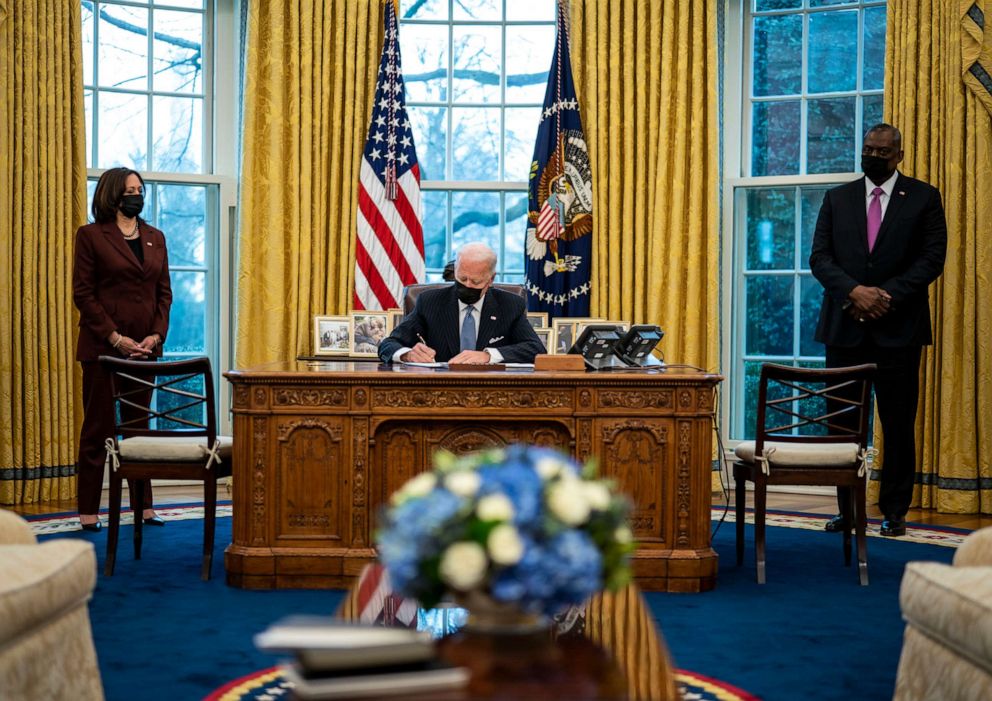
Biden's reversal, which was widely expected, begins a new era of open military service for Americans regardless of gender identity or sexual orientation.
"If you're fit and you're qualified to serve, and you can maintain the standards, you should be allowed to serve," said new Defense Secretary Lloyd Austin in announcing the change.
But many trans service members and their allies are wondering whether and how quickly tolerance will take hold throughout the ranks -- and whether the official policy of inclusion will be permanent.
"I'm not worried about it being able to be done," said retired Gen. James Cartwright, former vice chairman of the joint chiefs of staff, who helped lay the groundwork for service by openly gay and lesbian Americans with the repeal of "Don't Ask, Don't Tell" in 2011.
"If that senior generation can start to embrace this in a principle-centered way, I think it'll move along," Cartwright said, "but it's going through some machinations right now and I think they've done well."
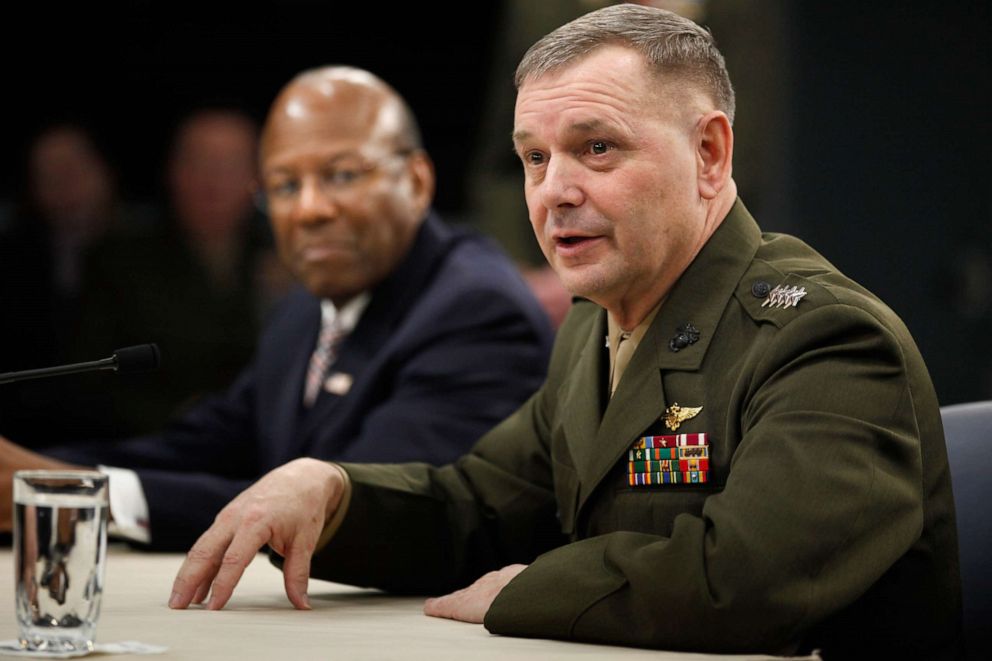
Cartwright said his optimism is based on the experience of the last decade since the end of the military's gay ban, which was widely celebrated as a non-event.
"The studies were all conclusive. That one, there was no operational impact. In fact, that was just the opposite," Cartwright told ABC News Live. "Now to say that there weren't issues, you know, incidents -- that would be wrong. There were incidents. But to say that it had operational impact turned out to not be the case. It was a non-issue there."
Retired Army Lt. Col. Todd Breasseale, who is gay, says the core military values of honesty and integrity are at the heart of the military's challenge ahead.
As he risked his life on tours in Iraq and Afghanistan, he said he was forced by his leaders to effectively live a lie. In May 2010, from a war zone overseas, Breasseale penned an anonymous essay on his experience that went viral.
"I sort of wrote on impulse. But I think in doing so I was able to pour out my heart in a way that made it real for people, I'm told," Breasseale told ABC News in an interview.
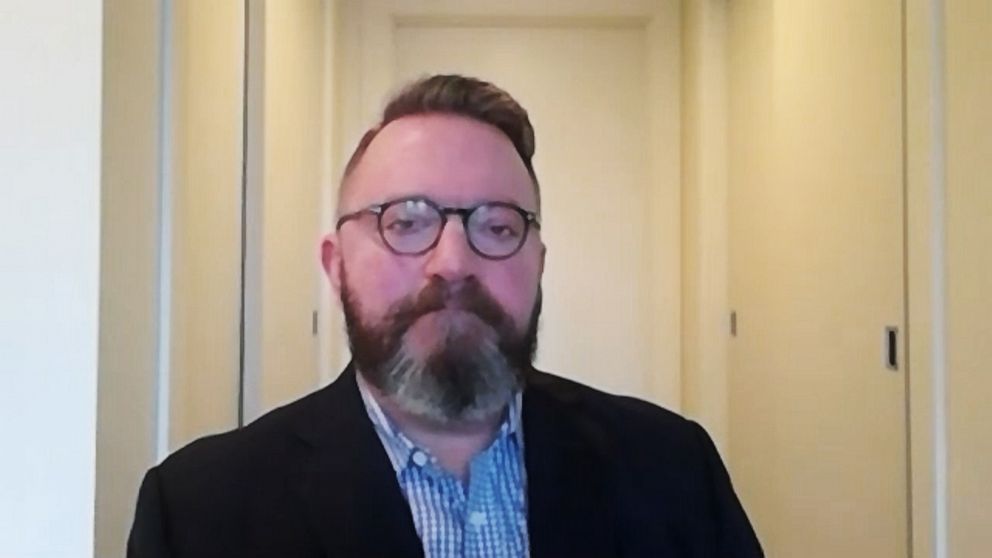
Seven months later, President Barack Obama signed a repeal of "Don't Ask, Don't Tell," and for the decade since, there's been no going back.
"There are young soldiers, Marines, airmen, Coast Guardsmen, sailors that are entering service that have never had to contemplate a day where they or their families would not be treated with the same dignity and respect as everyone else," Breasseale said. "And I will tell you that makes my 17 years under 'Don't Ask, Don't Tell' feel a hell of a lot lighter, knowing that we have generations now going forward that it won't impact."
Experts say the successful transition to open LGB military service set the stage for Obama, in 2016, to allow openly transgender troops for the first time.
An estimated 14,700 trans service members were in active duty or the reserves before Trump took office, according to the Palm Center. The majority were transgender women; less than a quarter were transgender men, the study found.
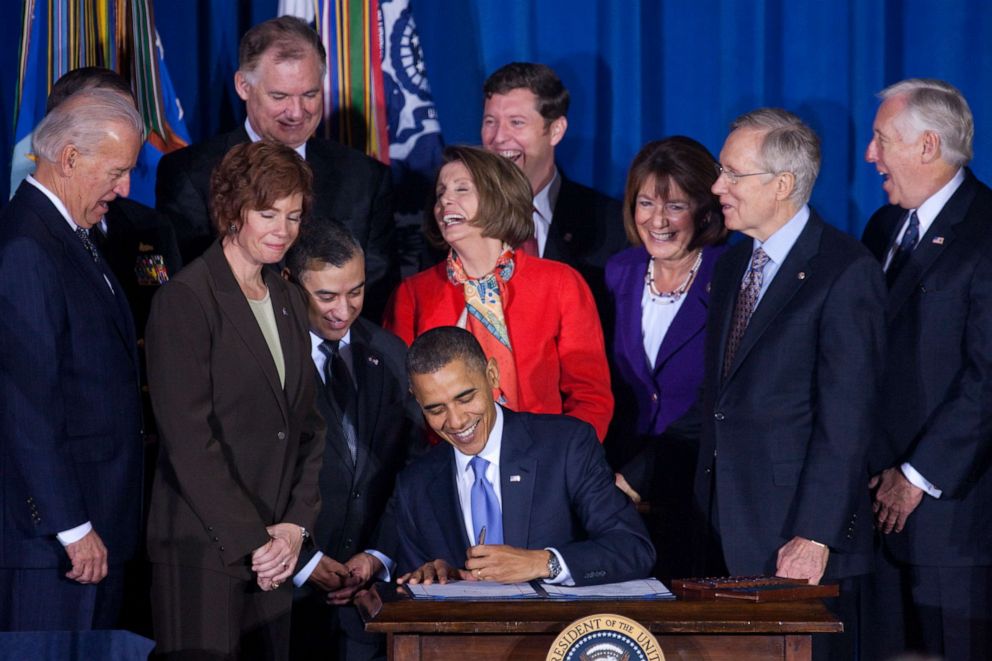
They've served in all military branches and in war zones, experts said. Soon, Fram will bring her expertise as an astronautical engineer in the Air Force to the newest service branch -- the U.S. Space Force.
"When I was working at the Pentagon, I worked for a new boss and I told him that I was trans and why it was important. And about 10 months later, he retired and before he did, he called me into his office and he said, 'you know what? You broke my stereotype,'" recalled Fram, who helps lead a small but growing network of trans service members called SPART*A.
"(He said), 'just by coming to work and getting the job done every day, you smashed my expectation of who and what a transgender person is,'" said Fram. "It's about bringing people along and being able to do this from a position of even higher visibility."
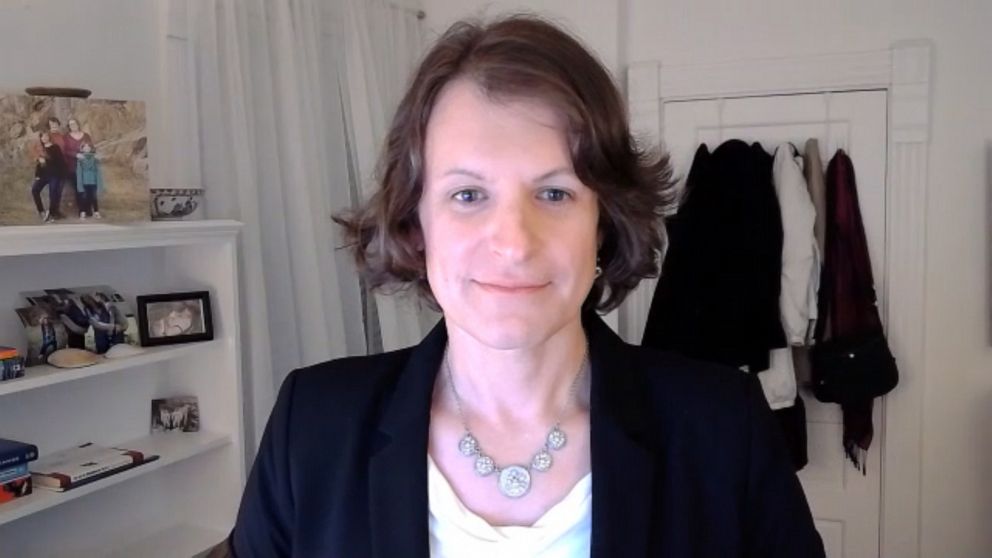
Stachour -- the senior enlisted leader in her Navy unit who underwent a gender transition in 2018 -- agreed that visibility is key.
"One of the things that senior enlisted leaders see is a sailor who's doing her best to be excellent and to take care of sailors and to do all of the things that chief petty officers do," Stachour told ABC News Live. "The fact that I'm trans is the least interesting thing about me."
But with visibility comes greater exposure to potential harassment or even violence, Stachour said.
"It may always be something in the back of my mind. Certainly in the junior ranks, when people are still developing that network and don't necessarily have that same level of support structure, they may be more concerned about it," she said.

Groundbreaking new research commissioned by the Defense Department finds LGBT troops face an elevated risk of harassment and abuse.
"Over 80% of LGBT service members had experienced sexual harassment compared to about 50% of non LGBT service members," said Ashley Schuyler, a Ph.D. candidate and researcher at Oregon State University whose work in the Journal of Traumatic Stress last year was among the first to examine the LGBT experience in the ranks.
"A really important first step is just trying to understand the lived experiences of LGBT service members so that we can shape services and programs and resources around what they need," Schuyler said.
Eighteen countries -- including allies Israel, Canada and the U.K. -- have allowed transgender service for years and could be models for America, experts said. Those case studies in integration back up independent research by the RAND Corporation in the U.S., funded by the Pentagon, which found allowing transgender troops would have "minimal impact on readiness and health care costs."
"I do think that the more time that passes with a group of people being visible and demonstrating that they are first-class citizens, just like their peers -- just like everyone else -- the harder it is to put the toothpaste back in the tube and reverse those gains," said Nathaniel Frank, author of the 2009 book "Unfriendly Fire: How the Gay Ban Undermines America and Weakens the Military" and a leading expert on LGBT issues in the military.
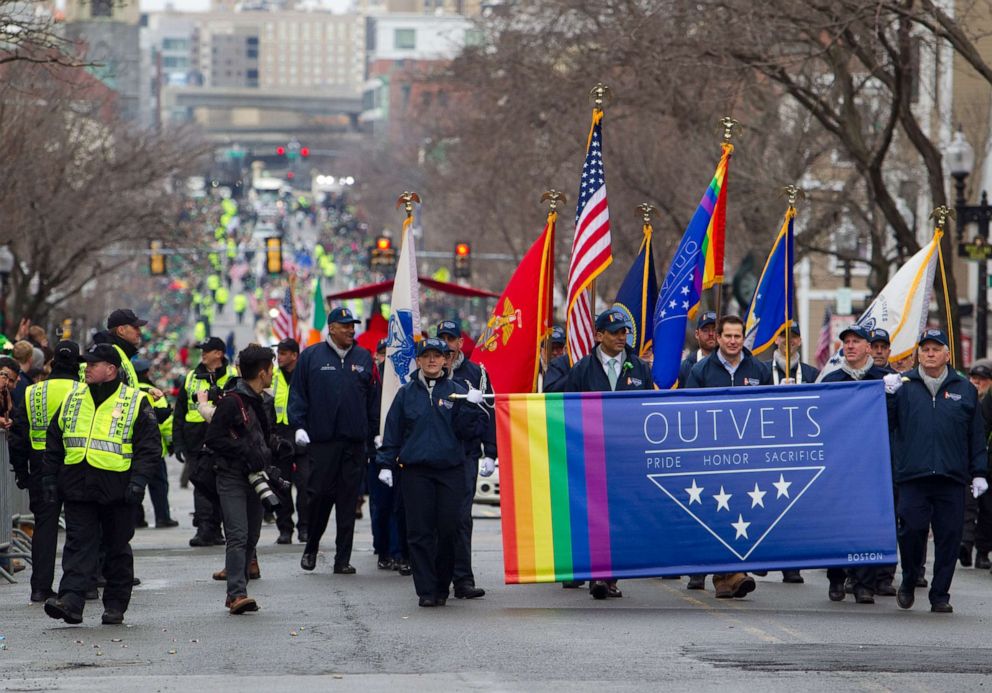
Today 66% of active-duty soldiers, sailors, airmen and Marines say they're comfortable serving alongside transgender peers, according to a Feb. 2020 study in the Journal of Sexuality Research and Social Policy underwritten by the Department of Defense.
"I don't think we've reached a point where open transgender service is settled," said Fram. "I'd like to believe that after four years of this administration, the concept of military service without transgender people will be just as unconscionable as it is without African Americans, without women, without lesbians, gays and bisexuals.
"But we're not quite there yet," Fram said. "We're still in a place where a new administration could flip the switch and return to us being banned from service."
Advocates want legislation to enshrine equal opportunity in military service under federal law. In the meantime, for at least the next four years, transgender troops see a chance to showcase in the open who they are and what they have been doing to help make the country stronger and safer.
"In the community at large and certainly for myself, it has been a relief," said Stone. "I'm still here. I'm not going anywhere. Trans people aren't going anywhere."




